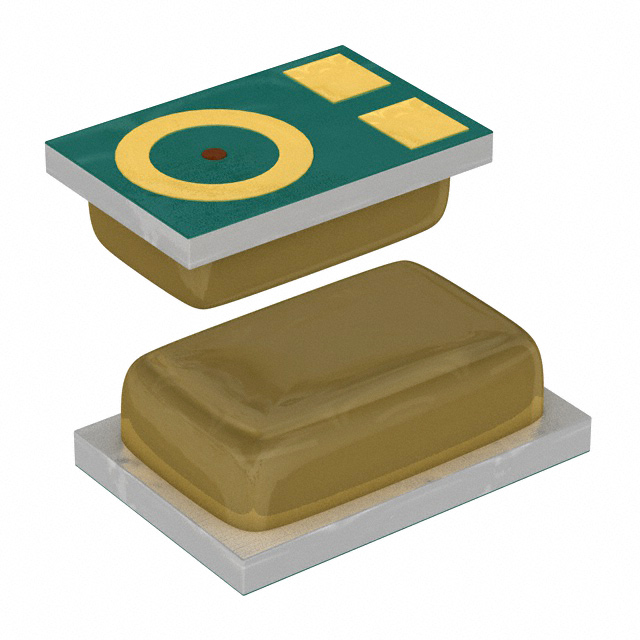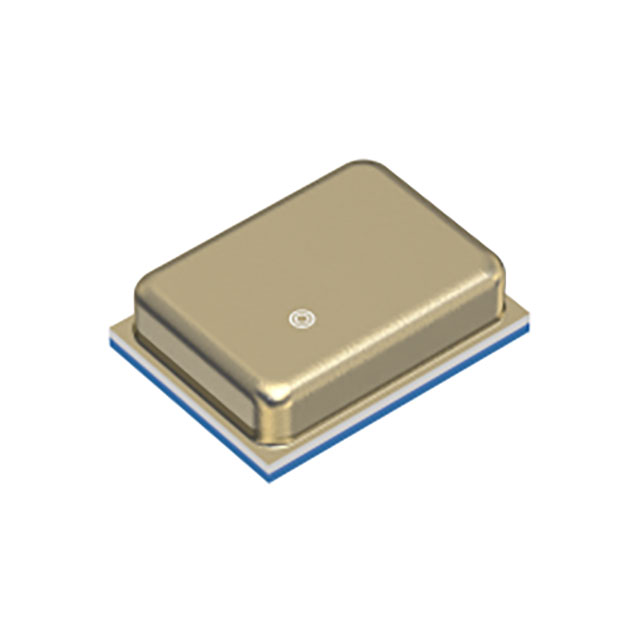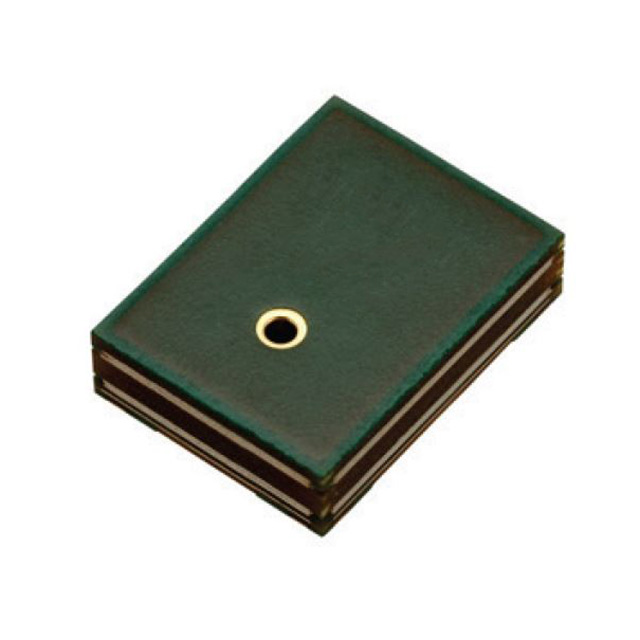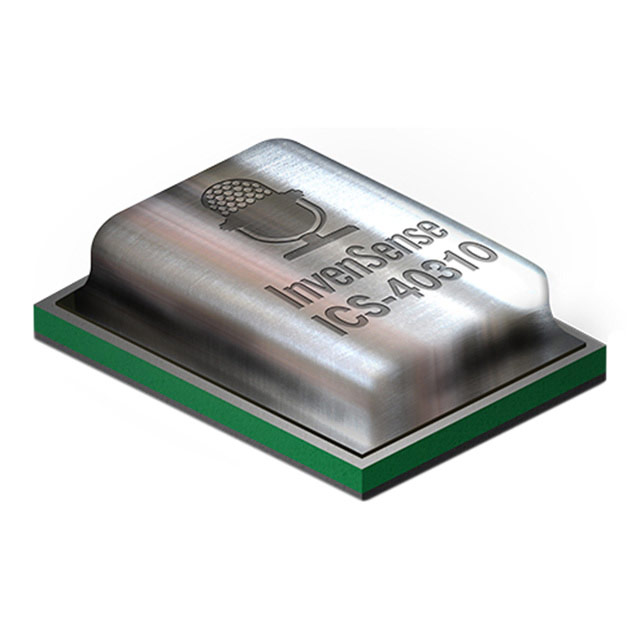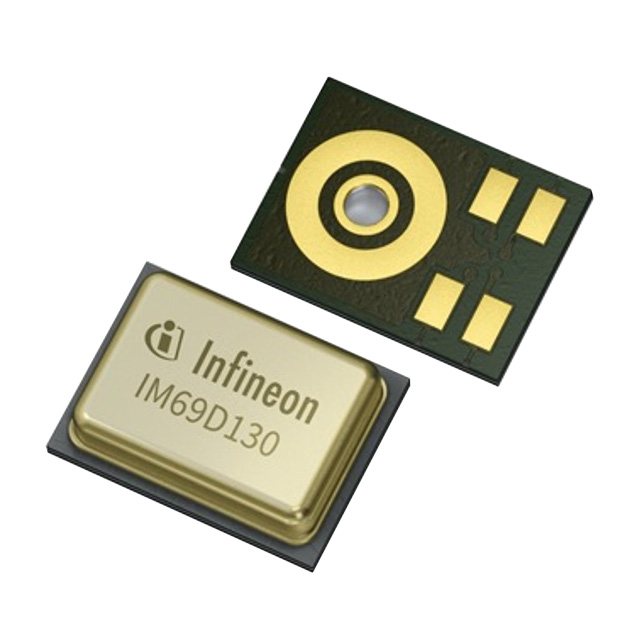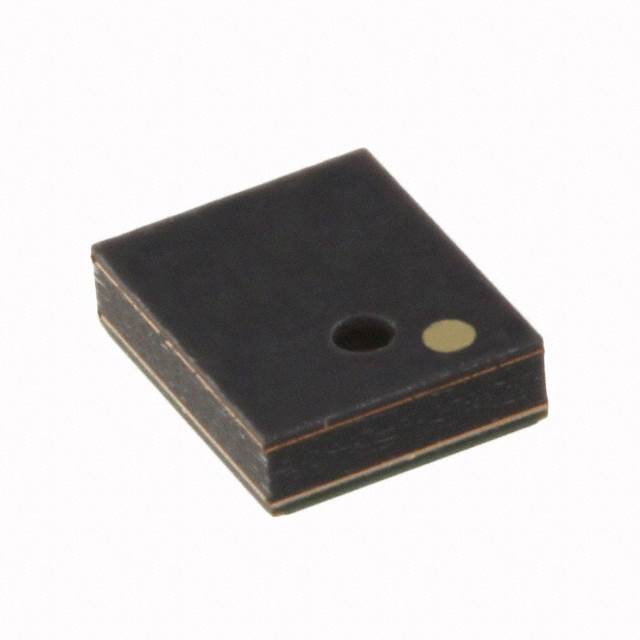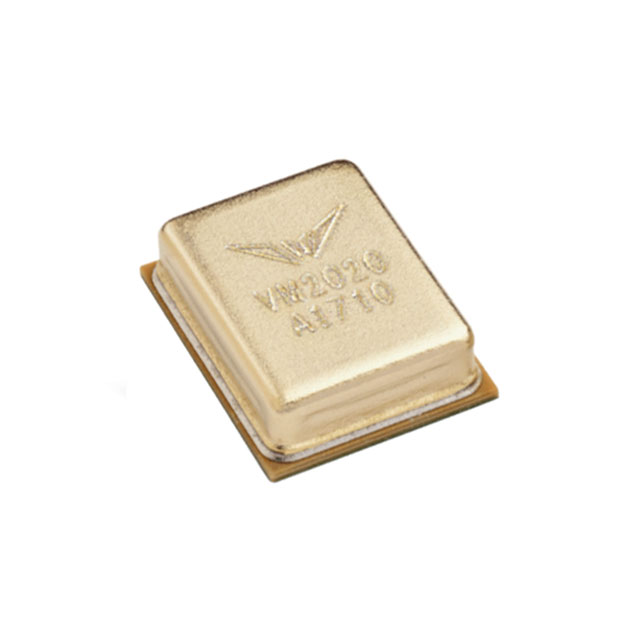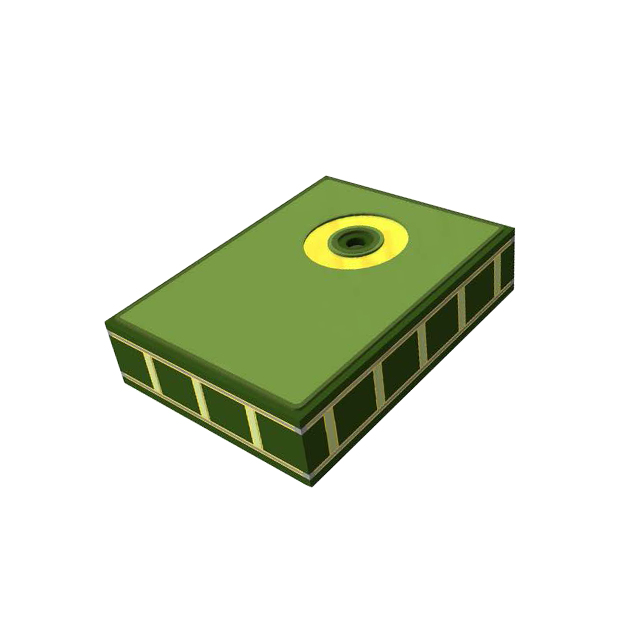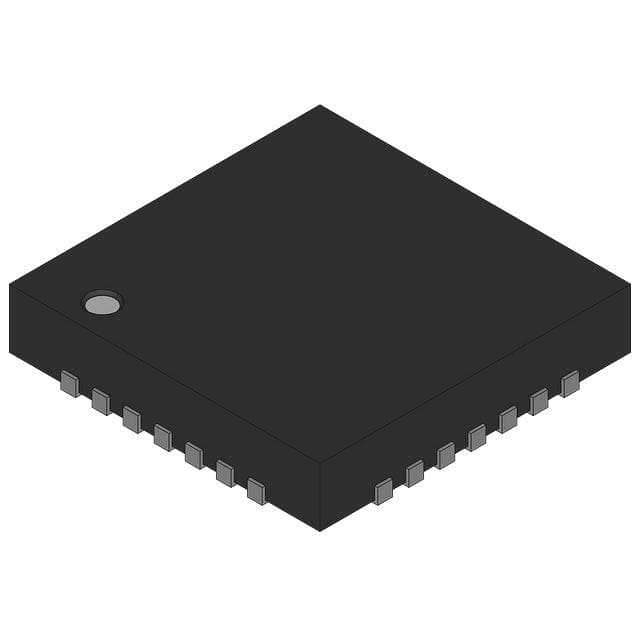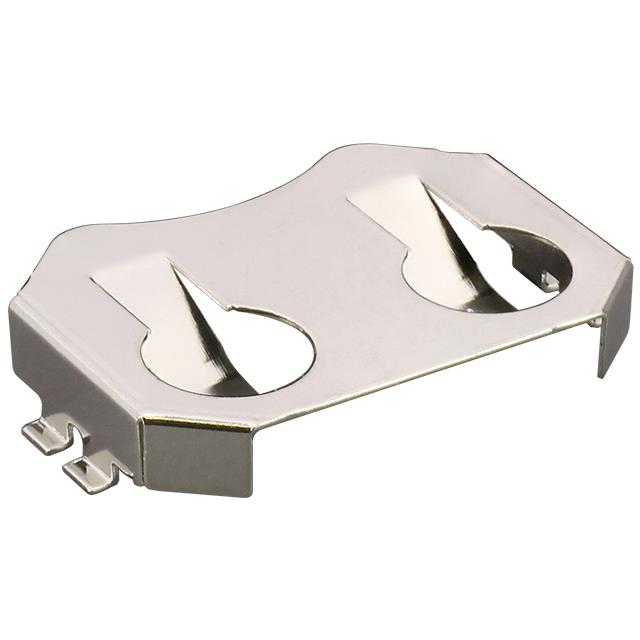Hisense TVs sold out in Walmart on Black Friday
During this year's Black Friday promotion, Hisense TVs once again became a hot-selling product in the United States. Recently, a large number of videos of Americans rushing to buy Hisense TVs appeared on social media.
What opportunities and challenges does the rise of new energy vehicles bring to the electronic components market
The rapid rise of new energy vehicles, especially the popularity of electric vehicles (EVs), has brought huge opportunities and challenges to the electronic components market.The rise of new energy vehicles will drive innovation and growth in the electronic components market in the long term, while also requiring companies to continuously improve their technology and adaptability to the rapidly changing market environment.
What impact will Trump's second term have on the semiconductor industry
With the 2024 US presidential election, Trump won. So, what impact will he have on the semiconductor and even the technology industry after he takes office?
Regionalization Trend of Global Electronic Component Manufacturing: The Impact of Multinational Joint Ventures and Supply Chain Diversification
As global supply chain pressure increases, more and more electronic component companies are establishing production bases in places such as India and Southeast Asia, promoting the regionalization of supply chains.
US CHIPS Act 2024 in-depth implementation: How to reshape the global semiconductor supply chain and the future of technology
In August 2024, as the CHIPS Act is further promoted, the United States strives to localize the semiconductor industry and reduce external dependence. This strategic transformation is reshaping the global chip supply chain and is crucial to the future development of emerging technology fields such as AI and big data. This article deeply analyzes how the CHIPS Act reshapes the global supply chain and brings key industry impacts.
Electronic clock based on STC89C52 single chip microcomputer
Based on STC89C52 single chip microcomputer, it realizes the functions of electronic clock display and adjustment and calendar display and adjustment.
How to extend the life and reliability of relay switches
There are many ways to extend the life and reliability of relay switches, mainly by reducing the load of the relay, improving the working environment and optimizing the control strategy.
Free online electronic and electrical calculator tools
Dasenic Electronics provides 9 categories of free electronic and electrical related calculation tools to help engineers quickly design, verify and analyze data for rapid development.
Analysis of the current status of the manufacturing industry and outlook for 2024
This report analyzes the manufacturing industry's current state and 2024 Q4 outlook, highlighting supply, demand, and growth opportunities despite challenges.
The key role of electronic components in the development of AI
Electronic components are crucial in the rapidly developing AI technology, affecting the performance and application of AI systems. This article explores their supporting role and application areas.
AI drives supply chain management change: achieving a future of proactive decision-making and improved efficiency
AI revolutionizes supply chain management by enabling active decision-making and optimizing flexibility through real-time data, enhancing forecasting and planning.
Several methods of microcontroller burning: ISP, IAP and ICP introduction
Introduction to several methods of microcontroller programming, their advantages and disadvantages
Attiny85 is locked, how to recover ?
If ATTiny85 is locked, it is usually because programming protection (such as write protection) is enabled. How can we recover it.
Unveiling the GaN fast charging black technology
With the increasing demand for fast charging of mobile devices, gallium nitride (GaN) fast charging technology has gradually become an important innovation in the field of power electronics. GaN is changing the design and function of traditional chargers with its excellent electrical performance and thermal management capabilities.
Modern Pool Thermometer Development Solution
In modern pool management, water temperature monitoring is a key factor in ensuring user comfort and water quality safety. In order to achieve efficient and accurate pool temperature measurement, it is particularly important to develop a temperature meter with integrated Wi-Fi function
What impact will Trump's second term have on the semiconductor industry
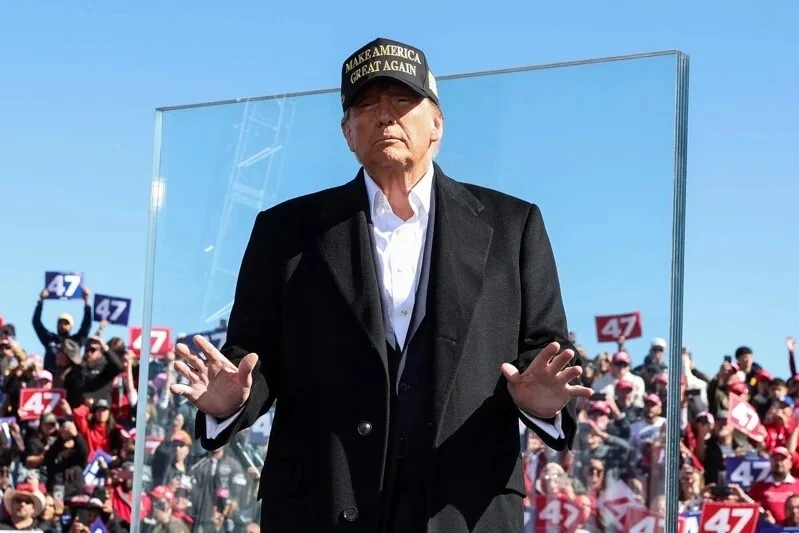
With the 2024 US presidential election, Trump won. So, what impact will he have on the semiconductor and even the technology industry after he takes office? The semiconductor industry is not only part of the market, but also part of the global economy. Coupled with the continuous upgrading of artificial intelligence (AI) in almost all fields, semiconductor policy will have geopolitical significance. Trump and Harris's position on the US "CHIPS Act" has attracted widespread attention in the industry.
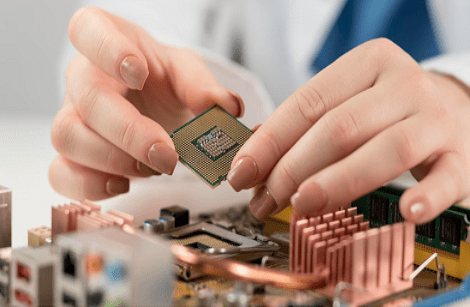
Tariffs replace subsidies: The semiconductor industry faces a shock
Trump's return heralds a huge shift in semiconductor policy. The prospects of the "CHIPS Act" are unclear, and the new government tends to replace subsidies with high tariffs. In addition to his position on the "CHIPS Act", Trump's remarks that "Taiwan, China has taken away the US chip business and hinted that Taiwan, China needs to pay for the protection of the United States" are also controversial in the industry. He said that after returning to the White House, tariffs will be imposed on Taiwan's chips, even though more than 90% of the world's advanced chips are supplied by TSMC. "We've invested billions of dollars to allow wealthy companies to come in and borrow money and build chip companies here," Trump said. However, Trump's views differ somewhat from those of his vice presidential running mate, JD Vance, who believes that Taiwan's semiconductor industry is vital to the U.S. national interest. From an international relations perspective, TSMC's investment in advanced manufacturing facilities in the United States meets U.S. requirements. In addition, TSMC's willingness to invest in the United States also means higher costs, such as increased labor costs, and this additional financial burden may be interpreted as a kind of "protection fee."
Talent shortage in Silicon Valley: innovation is at risk
Under Trump's re-implementation of the "America First" policy, the high-tech industry faces a dilemma. On the one hand, efforts to restore manufacturing may promote the increase of domestic technology jobs; on the other hand, stricter immigration policies may cut off the influx of global talent. As visa restrictions tighten, technology giants may find it difficult to fill key positions, which may slow innovation and growth. “I expect some workforce development requirements may be relaxed under Trump,” said Sanjay Patnaik, a senior fellow at the Brookings Institution.
US-China Showdown: Tech Cold War Intensifies
A second Trump term is expected to heighten tensions in the US-China tech competition. Tighter export controls on advanced semiconductor technology and greater pressure on Chinese tech companies are expected. Trump’s stance on Taiwan is particularly worrisome for the industry. “You know what, Taiwan, they took our chip business… and they want to protect it,” he recently said. Such an escalation could lead to a more fragmented global tech ecosystem, divergent standards and less international cooperation. “Under a Trump presidency, there could be large tariffs on China, and as we’ve seen before, that will provoke a Chinese response, such as China’s ban on Micron Technology chips in May 2023,” warned Patrick Moorhead, CEO of Moor Insights & Strategy. The incident was a direct response from China to US export controls and technology sanctions, highlighting the intensity of the confrontation between the two sides.

